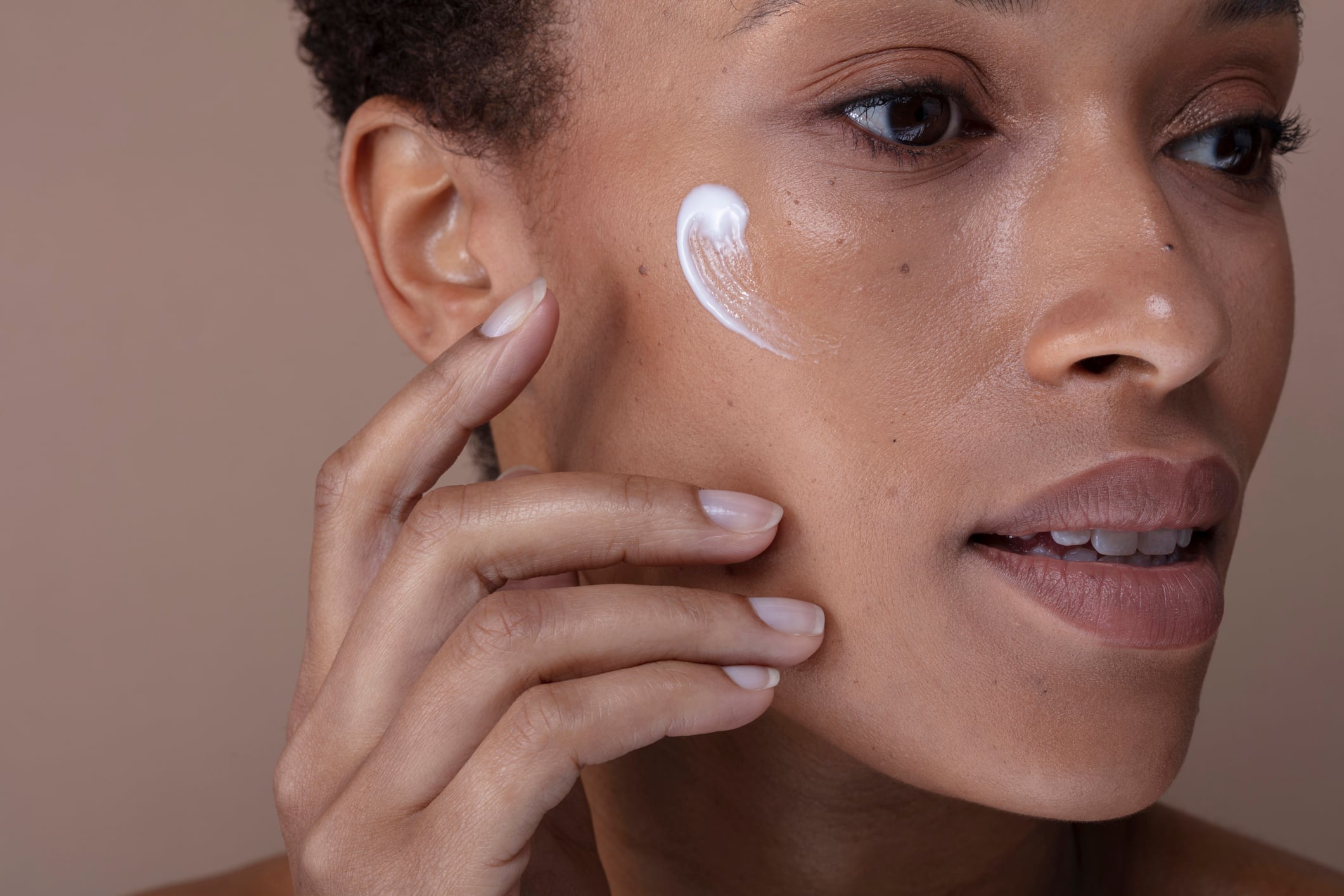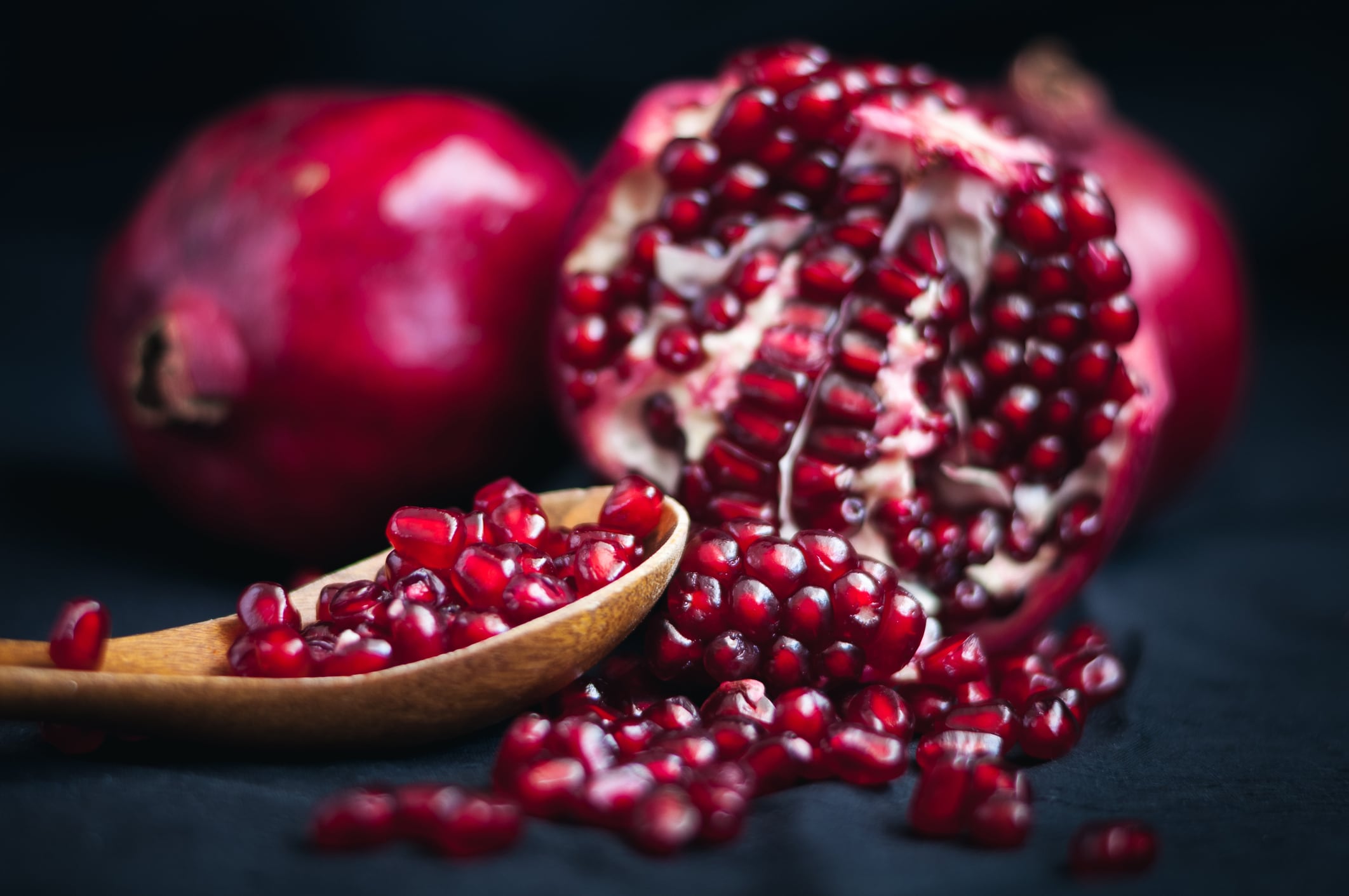Key takeaways
- BASF presented new research at IFSCC on taurine’s ability to reduce skin cell senescence and inflammation.
- A plant extract from Lysimachia christinae was identified to boost taurine pathways.
- Corynebacteria strains were shown to enhance collagen and skin barrier proteins.
- Galenic ingredients were tested for microbiome compatibility in skincare formulations.
- BASF introduced a solid lipid particle delivery system for retinol with improved stability and efficacy.
At the 35th International Federation of Societies of Cosmetic Chemists (IFSCC) Congress, German cosmetics ingredients supplier BASF showcased several scientific advancements.
One of the company’s latest findings, presented in a poster session, focused on the benefits of taurine in promoting the longevity of human skin cells.
Dr Sabrina Okombi, Technical Key Account Manager at BASF, explained to CosmeticsDesign-Europe that while taurine has shown promise in slowing the ageing process and extending health span, research specifically on human skin has been limited. BASF scientists explored taurine and its transporter, TauT, in combating skin cell senescence by studying markers of cell cycle arrest and senescence-associated skin phenotypes (SASPs).
“We found that taurine is able to decrease the level of senescent cells,” said Dr Okombi. “We also demonstrated that it reduces the expression of other components synthesised by senescent cells, such as pro-inflammatory cytokines and enzymes that degrade skin components like collagen.”
Following this, the team investigated whether taurine synthesis and transport could be modulated by skin cells. “We used an in vitro model based on keratinocyte cultures, in which taurine and its transporter TauT were quantified using the ELISA method. Several candidates were screened to identify the most potent one,” she said.
Based on these findings, the team identified a plant extract that boosts taurine and TauT levels while reducing SASPs. The ingredient is an extract of Lysimachia christinae, also known as Jin Qian Cao, a plant used in traditional Chinese medicine.
“The modulation of taurine pathways opens up new possibilities for anti-ageing skincare strategies,” Dr Okombi explained.
Corynebacteria in skin health and ageing
BASF also presented novel insights into the role of Corynebacteria in skin health and ageing, suggesting it could be a promising target for anti-ageing skincare.
The study revealed notable changes in Corynebacteria distribution with age and in sensitive skin, including an increased prevalence of C. kroppenstedtii in older skin.
Galenics and the skin microbiome
Microorganisms inhabiting the skin play a key role in maintaining skin health. A multidisciplinary BASF team explored how typical non-active ingredients (galenics), essential in personal care formulations, affect the skin’s microbial communities.
The study emphasised the importance of selecting galenic ingredients that do not disrupt the skin’s healthy microbiota. Both rinse-off and leave-on formulations were tested on human volunteers and shown to be gentle on the skin microbiome, while meeting consumer expectations for moisturisation, mildness, cleansing, and sensorial properties.
Advancements in bio-based polysaccharides
In a joint research project, scientists from Stanford University and BASF investigated the role of bio-based polysaccharides in cosmetic formulations. The study demonstrated how these ingredients enhance skin moisturisation, stabilise formulations, and improve emollient penetration into the stratum corneum. The research highlights the importance of bio-based polymers in creating more sustainable and effective cosmetics.
Retinol delivery and bio-based polymers
To address issues of stability, bioavailability, and skin irritation associated with retinol, BASF scientists developed an innovative solid lipid particle (SLP) delivery technology.
In a real-life study, the SLP formulation showed an 83% retention rate after four months, significantly outperforming a market benchmark. Additionally, encapsulated retinol increased collagen I levels by 43%. With high stability and no specific packaging requirements, this encapsulation solution sets a new standard for consumer-friendly retinol formulations offering visible anti-ageing benefits.





